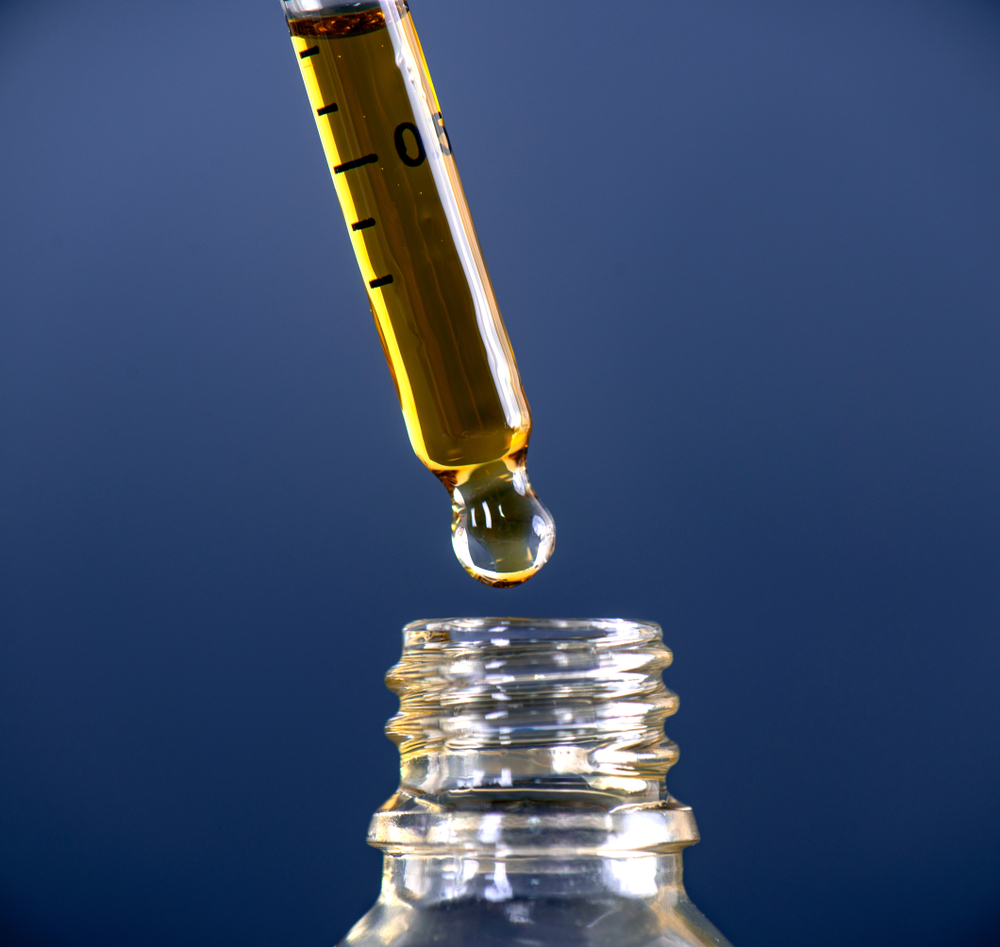
As hemp-sourced CBD products gain popularity with consumers, there is still a lot of mystery surrounding CBD, cannabis, and THC products. Cannabis has shown great promise as a natural alternative to traditional discomfort alleviation options, which can have undesirable outcomes.
In this article, we will go in-depth on THC’s various concentrate extraction processes and the numerous types of concentrates and extracted products.
What Are Concentrates And Extracts?
The leaves, flowers, and buds of cannabis or hemp plants are used to make concentrated extracts. Cannabis flowers may be extracted using various techniques, including solvent- and alcohol-based extraction, supercritical CO2-based extraction, and solvent-free extraction. Extracts, a subset of concentrates produced by solvent-based and CO2 procedures, are a byproduct of solvent-free extraction.
Cannabis Concentrate Extraction Methods
There are three extraction methods for cannabis: solvent-based extraction, CO2-based extraction, and solventless (dry and water-based) extraction. Next, we will take a closer look at these extraction methods.
Solvent-Based Extraction
Various forms of alcohol and petroleum derivatives, such as isopropyl alcohol, ethanol, butane, hexane, or propane, are used in different ways for solvent-based extractions. These procedures should be carried out in a specialized lab environment with more sophisticated equipment since they include flammable and volatile solvents that might ignite or become hazardous due to the presence of leftover solvents.
Ethanol and isopropyl alcohol are needed for the Quick Wash Method. A closed-loop system is one of the most often used processes for extracting cannabis. Different kinds of solvents, including butane, hexane, and propane, can be used in this procedure. Some examples of solvent-based extracts are BHO or PHO (butane or propane hash oil) and HHO (hexane honey oil).
CO2-Based Extraction
CO2-based extraction is one of the most popular processes for deriving cannabinoids from plants. This approach has various advantages, including the fact that it preserves cannabinoids by using CO2, a non-flammable and non-toxic gas, rather than high temperatures or solvents.
An example of CO2-based extraction products is distillate, which is a purified, winterized substance containing just one particular cannabinoid. Another product example is live resin, or vape, which is extracted using fresh, live cannabis plants. This process will keep a higher terpene content compared to other concentrates.
Solventless (Dry And Water-Based) Extraction
Without the intervention of solvents, solventless or non-solvent extraction is achieved mechanically. Many other concentrations may be made using solventless techniques; the most well-known ones are bubble or ice water hash, which is achieved by soaking fresh cannabis flowers in a micron bag with ice and cold water.
There is also dry-sift hash and hash rosin. Trichomes from flower buds will be separated using the dry sift hash method. In this technique, kief, a trichome byproduct, is separated from cooled buds using a sifter with micron screens. The kief is then scraped and collected into molds to create dry sift hash or kief blocks.
How To Ensure Your Extracts Are Clean And Safe
The favorable components of cannabis, such as THC, and any harmful components, like pesticides or other pollutants, may be concentrated in extracts. Bubble hash may include protozoans, fungi, mold, and mildew.
As a result, only reliable sources should be used to buy extracts. Purchase from state-regulated vendors, check for lab testing and request third-party certification, which verifies the manufacturer’s claims. Nordic Analytical Laboratories, an industry leader in cannabis testing, is internationally accredited by ISO 17025 and state-certified by the Colorado Department of Public Health and the Environment.
Cannabis Testing & Consulting Services In Colorado
The right laboratory accreditation is required when choosing a cannabis testing facility, especially given how quickly the cannabis market is expanding and changing. Compliance is now more important than ever since several states are stepping up their regulatory requirements. The need for recognized third-party testing will only grow as cannabis use for medical and recreational purposes spreads across the country.
Nordic Analytical Laboratories offers cannabis and hemp testing services necessary for cannabis product quality and consumer safety. Contact us at Nordic Analytical Laboratories today for all your cannabis testing needs.
–
–

